WAITING FOR TRANSLATION
WAITING FOR TRANSLATION
How the Industry 4.0 philosophy can be implemented in specific projects was recently demonstrated by Kirschenhofer Maschinen GmbH in a project for Britax Römer Kindersicherheit GmbH. Kirschenhofer implemented a tracking system for child seats without any kind of higher-level controllers or central databases and using an RFID tag on the product as the data pool. This tag contains the sequence of the assembly stations and documents all production steps.
This ensures quality and makes it possible to later identify the product quickly and easily even in its packaging – at any location and without any access to a database. The successful project is based on the connection Kirschenhofer implemented from Turck's TBEN-S multiprotocol RFID I/O modules to the Labview system development software from National Instruments.
Streamlined system saves costs
Based on Labview, Kirschenhofer developed a completely new system: process control using an RFID system that stores all the data on the tag on the product. Tracking systems normally only use the ID of the tag and save the associated production data in a database, which can be accessed from all relevant process points. However, Kirschenhofer wanted to save its customers from this type of server infrastructure.
Adhesive tags with 320 bytes of memory
Turck could offer the TW-L36-18-F-B320 smart label as a tag that met all the requirements. With 320 bytes, the thumbnail sized label even offers more memory than the minimum amount required and could therefore implement enhancements of the later system if any set measuring ranges or more stations had to be added.
All-in-one solution without PLC
Craig Craill, managing partner and PLC programmer at Kirschenhofer, looked for a solution that enabled the operation of the RFID system without the use of a PLC. The rework station was the crucial point. The operator here sees all the necessary information on a tablet PC. It shows which feature is faulty and shows in an image the reference state of assembly in the final system.
Interface between Labview and Ethernet/IP programmed
Kirschenhofer chose compact TBEN-S-RFID interfaces for the Britax Römer system and different read/write heads from Turck, depending on the station. The TBEN-S module can output the RFID data of the read/write heads pre-filtered via Profinet, Ethernet/IP or Modbus TCP to higher-level systems, which are normally controllers. Craill decided to program a direct interface between Labview and Ethernet/IP in order to avoid the indirect route via a controller.
Increased process safety for the rework
Nico Dreher, process engineer at Britax Römer, is impressed with the solution: “Today, we place the seat in the station and see on the display which feature is defective. This is a considerable benefit because it is faster and safer than before.” Kirschenhofer selected for the rework station the elongated TNLR-Q80L400 read/write head, because no fixed anchor points are provided for the seat and the read/write head has to cover a larger range.
Efficient product logistics
The successfully reworked seats finally land like all others at the end-of-line station. A final check whether all features are OK is carried out here. Only then is the seat provided with an approval label with a unique serial number. It is then packed into a box in such a way that the tag can be read through the carton without having to open the box. “We can even implement a mobile rework station ourselves. For this we just need another tablet, a reader, the switch and a Labview license. We would then be operational and could then drive to the dealers in the event of a fault and check through the seats. This would be more efficient to carry out than what was done before,” says Nico Dreher.
- Technologies
- Asset Monitoring Gateway with Cloud ID
- Asset Monitoring Gateway with SNAP ID
- Codesys
- Condition Monitoring
- Ethernet in Hazardous Locations
- Field Logic Controller
- Industrial Cloud
- Industry 4.0
- IO-Link
- Machine Safety
- Modular Machines
- Module Type Package
- Multiprotocol Ethernet
- Pick-to-Light
- Profinet
- RFID
- Snap Signal
- Sustainability
- TAS – IIoT Service Platform
- The Visual Factory



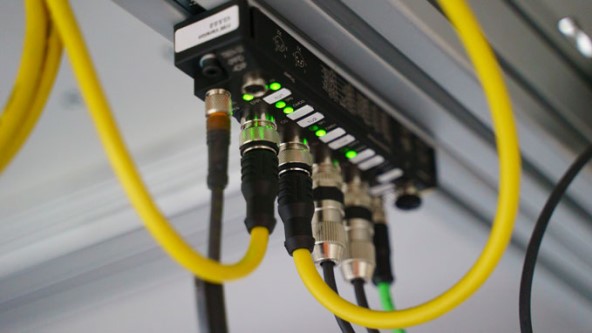
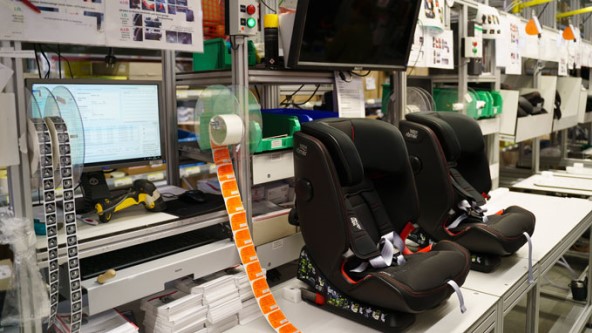

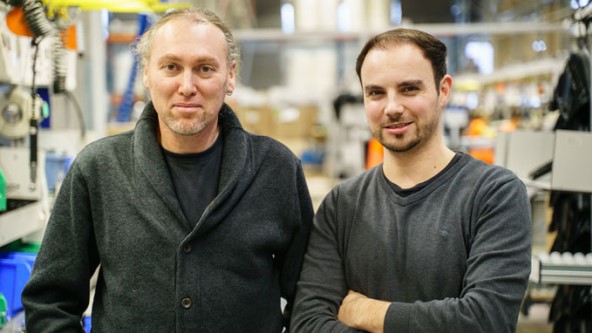

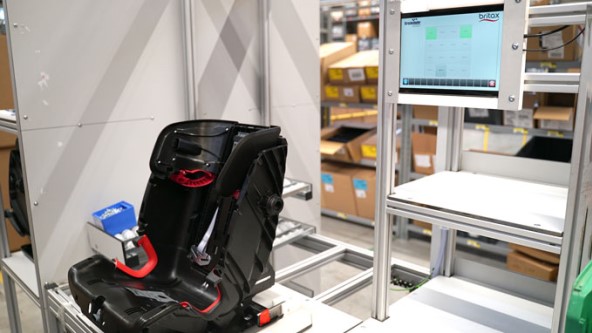
-turck-image.jpg)
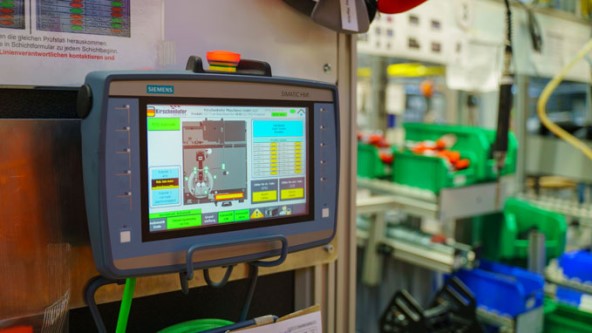







-turck-thumbnail.jpg)
